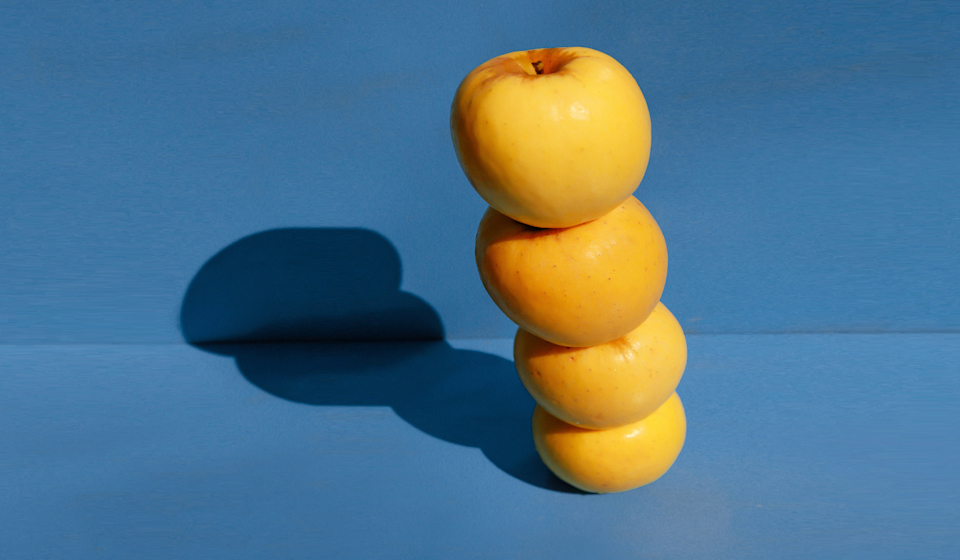What to Look For in a Multivitamin that Supports Your Body*
So while you may not “feel” all the benefits of multivitamins happening underneath the hood, the best way to know that your multivitamin is servicing your body as it should is to look for a few key things:
Nutrients in Bioavailable Forms
It makes sense that you want to aim for nutrients that your body can properly utilize, right? That’s called bioavailability—and it’s not necessarily a given when it comes to other multivitamins on the market. Take folic acid, for example: While this synthetic form of folate is highly stable (which is one reason why folic acid is used in a lot of supplements), it’s also not necessarily the ideal form for their body to use. In fact, up to 40% of women have a genetic variation that makes it more difficult to properly utilize folic acid, which is why we use a version of folate called 5-MTHF in our multivitamins: It’s been shown to be more bioavailable than folic acid, so that even those with that MTHFR genetic variation can support their folate needs. (This is especially important for pregnant women, since your folate needs increase when you're expecting.)*
Another example is iron. Our multivitamins use an amino-acid chelate form of iron, which is the same form you’ll find in food: this form has been clinically studied and tends to be gentler on the stomach and efficient for the body to use.*
We can't leave out B12. This B vitamin is incredibly essential: One of its jobs is helping with normal cell division (and since cells are the building blocks of, oh, everything, that’s a really big deal). But for vegans and vegetarians, getting enough Vitamin B12 can be tricky, since it’s primarily found in food sources like fish, meat, eggs, and milk. We use a vegan-friendly form of B12 called methylcobalamin, which is the same form found in our bodies.*
Similarly, omega-3 fatty acids are traditionally not very vegan-friendly: A lot of supplements source their omegas from fish oil. But did you know that fish actually get their omega-3 content from the algae they eat? So we went straight to the source: Our vegan omega-3 DHA is harvested from fermented microalgae.*
Just the Essentials—Hold the Excess
Let’s talk about nutrient overflow, because it’s definitely a thing. While a more-is-more approach to your vitamins might sound great in theory, the way essential nutrients work in your body is kind of like a well-tuned orchestra—when there’s too much of one nutrient, it can offset the balance of another.
We don’t include Vitamin C in our vitamins for this very reason: Most people get plenty of Vitamin C from their diets alone, and high doses of Vitamin C can mess with the way our bodies process other nutrients.
The same goes for calcium. Research tells us that a lot of adult women under 50 get plenty of calcium through diet alone, and there’s some debate in the scientific community that overdoing it could be potentially harmful. So rather than adding calcium to our multivitamins, we chose to focus more on calcium-helper nutrients like Vitamin K2, Vitamin D, magnesium, and boron, which all help support bone health.*
A Delayed-Release Capsule Design
When your capsule dissolves too early, it’s not ideal for a couple of reasons. When the contents of your daily multivitamin interacts with harsh stomach acid, it might lead to stomach irritation and gas. But it’s also not the best place for nutrient absorption, either. Our delayed-release capsule was created with all of this in mind, so that those nutrients can be shuttled to a more ideal spot in the gut.*
Clinical Trial
We're all about knowing what you're putting into your body and why. As an example, we put our Essential for Women 18+ through a clinical trial to quantify its impact and show scientific evidence around how our product works. In a double-blind placebo-controlled trial over 12 weeks —Essential for Women 18+ was shown to increase vitamin D3 levels by 43% and omega-3 DHA levels by 41% .*† And this is only the beginning - we're on a mission for a clinical-backed future so everyone can feel confident about what they're putting into their bodies.
†Based on a 12 week double‐blind, randomized, placebo‐controlled clinical study that was carried out on 94 women ages 21 to 40 years old.
Third-Party Testing
Lead, mercury, arsenic, cadmium, and chromium are examples of heavy metals that are most concerning to our health. At Ritual, we third-party test every product lot (including our multivitamins) for arsenic, lead, cadmium, and mercury to ensure we are in compliance with our high standards.
All in all, we get it: We live in an age of instant gratification. But while that's nice when it comes to food delivery and binge-watching your favorite reality TV show, it’s not an ingredient you should look for in your daily multivitamin. Instead, we recommend ticking off the boxes above so that whether you feel the magic happening or not, you can still feel confident that your multivitamin is working for you.*









